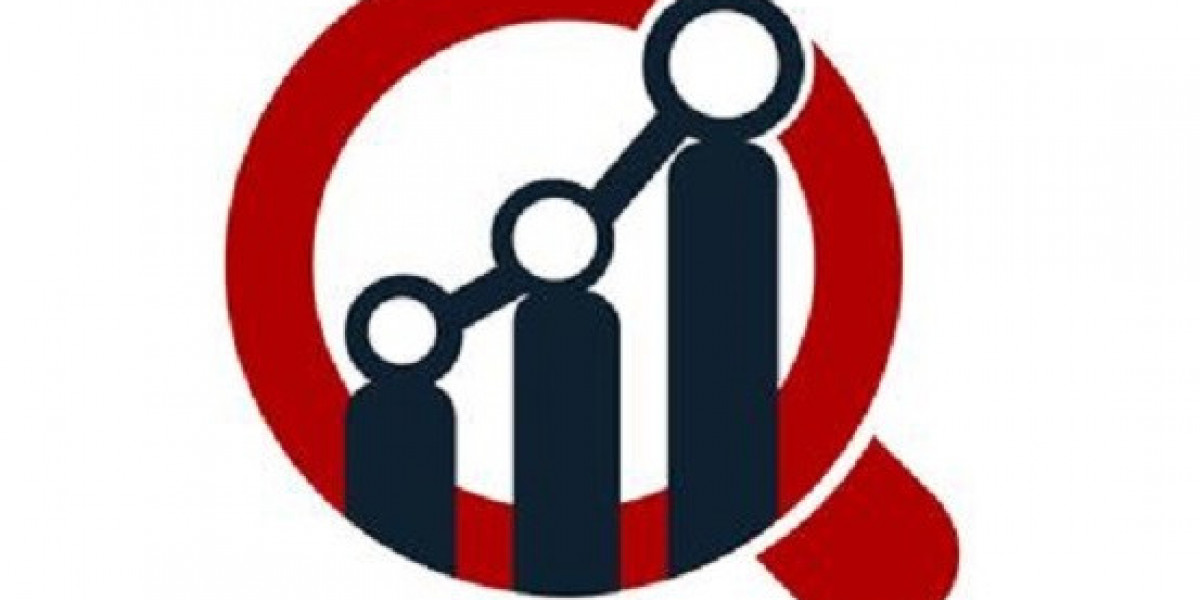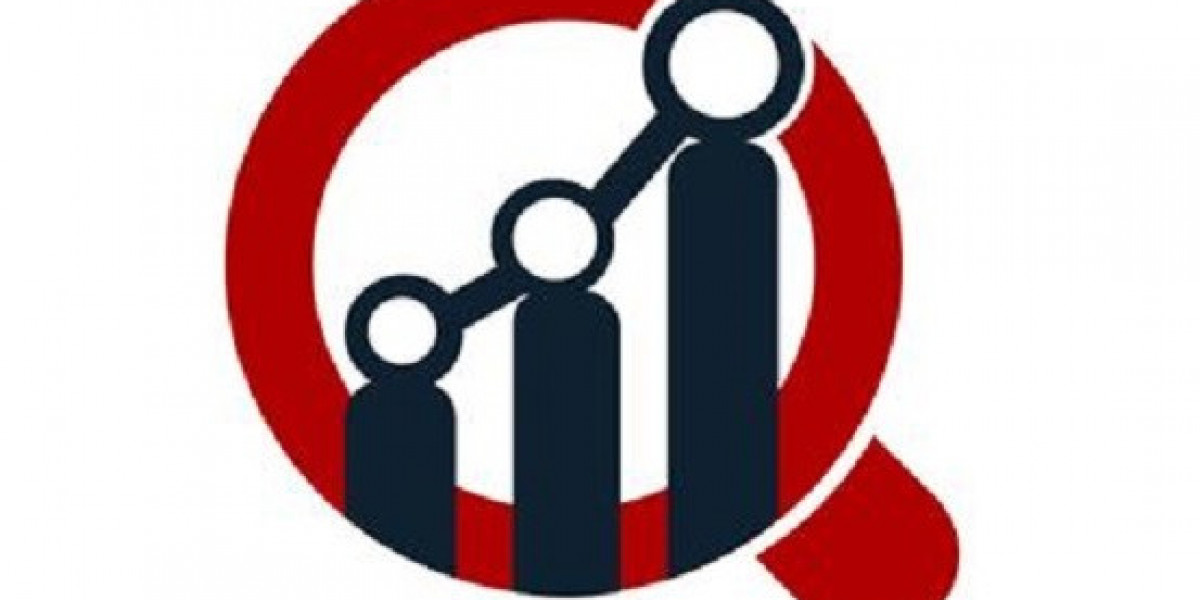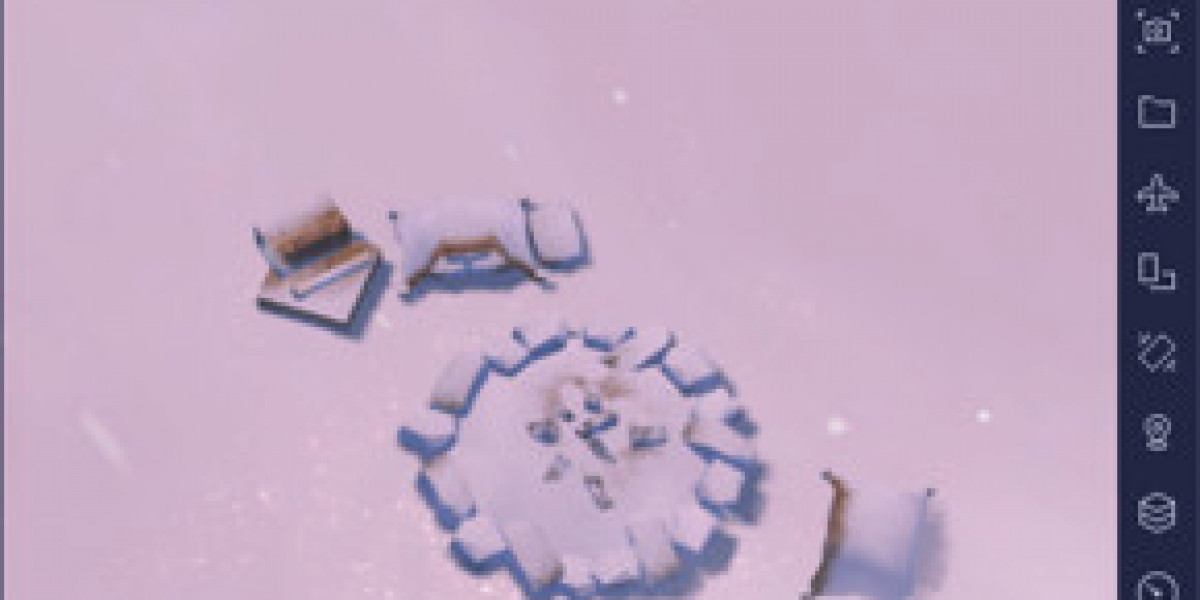When a person is exposed to things composed of latex (natural rubber), their immune system reacts and causes a latex allergy. Itchy hands, skin rash, hives, and eczema are some of the signs of latex allergy (cracking of skin). In contrast to the one percent risk experienced by the general public, healthcare professionals face a risk of 8 to 17 percent, highlighting the significance of exposure as a key market driver.
The latex allergy market players is expanding as a result of more people using inferior latex goods and the tendency of rashes to cause additional illnesses like asthma, rhinitis, and anaphylaxis. The likelihood of latex allergy increases in the presence of specific illnesses such spina bifida. Patients with spina bifida have a prevalence of latex sensitivity that is 65% higher than the general population's rate of 1%.
Other commercial restrictions include rising standards and regulations for the latex industry, the rash's ability to self-regulate after avoiding latex, the accessibility of homemade and alternative remedies, and others. The market has a high volume, low value outlook. Price sensitivity is another issue since these markets respond irrationally to pricing. The industry is also fragmented, which has impacted established companies' prices. The market has decreased as a result of the creation of production standards and tests for detecting the presence of latex allergens, such as the IgE ELISA inhibition assay.
The global market for latex allergy is expected to reach USD 2,837.7 million by the end of the forecasted period and this market is expected to grow at a CAGR of 7.4 %.
Key Players for Latex Allergy Market:
The latex allergy market players are: 3M, Alcon Inc., Allerayde UK Ltd, Allergy Hero, Array, BioPharma Inc, AstraZeneca, Aterica, Boehringer-Ingelheim, Dey Labs, GlaxoSmithKline, Johnson & Johnson, Merck, Nektar Therapeutics, Novartis AG, Rocky Mountain Diagnostics, and Sanofi.
Segments of Latex Allergy Market
Latex allergy market has been segmented on the basis of type of exposure the market is segmented as latex gloves, food containing latex substances.
On the basis of diagnosis type the market is segmented as skin test and allergy test.
On the basis of reaction type the market is segmented as systemic reaction, Allergic contact dermatitis, Irritant Contact dermatitis, asthma, anaphylaxis, and Rhinitis.
On the basis of type of treatment, the market is segmented into Epinephrine injection, allergy medications albuterol, antihistamine, asthma medication, corticosteroids etc.
On the basis of type of occupational segmentation, the market is segmented into Agriculture, Chemical, Pharmaceutical and biotech, chemicals and others.
Contact dermatitis represent the largest market opportunity by volume. While asthma medication represent the largest market opportunity by value.
Regional Analysis of Latex Allergy Market:
Globally North America is the largest market for latex allergy. North America is led by the U.S. owing to greater penetration of healthcare. The reimbursement classification system allocates medical emergencies such as anaphylaxis and asthma greater reimbursement which is expected to benefit the market.
Europe is the second-largest market for latex allergy, which is led by Germany and France. Asia pacific region is expected to be fastest growing region in latex allergy Market. The latex allergy market is expected to take a turn towards the Asia Pacific region due to the large unmet need. India and China expected to lead the market due to large population size.
The market represents a clustered outlook with high market concentration in industrial areas especially related to chemicals, oil and natural gas, health care etc. due to greater propensity of exposure to latex. Thus the Middle East regions have a disproportionate share of the market and so has rubber producing regions of Indonesia, Brazil, and others. The rate of industrialization is an excellent parameter of the market as latex use is associated with industrialization. Thus the African continent is dominated by Nigeria, Egypt, and South Africa.
About Market Research Future:
Market Research Future (MRFR) is a global market research company that takes pride in its services, offering a complete and accurate analysis with regard to diverse markets and consumers worldwide. Market Research Future has the distinguished objective of providing the optimal quality research and granular research to clients. Our market research studies by products, services, technologies, applications, end users, and market players for global, regional, and country level market segments, enable our clients to see more, know more, and do more, which help answer your most important questions.
Contact Us:
Market Research Future (Part of Wantstats Research and Media Private Limited)
99 Hudson Street, 5Th Floor
New York, NY 10013
United States of America
+1 628 258 0071 (US)
+44 2035 002 764 (UK)
Email: sales@marketresearchfuture.com
Website: https://www.marketresearchfuture.com








